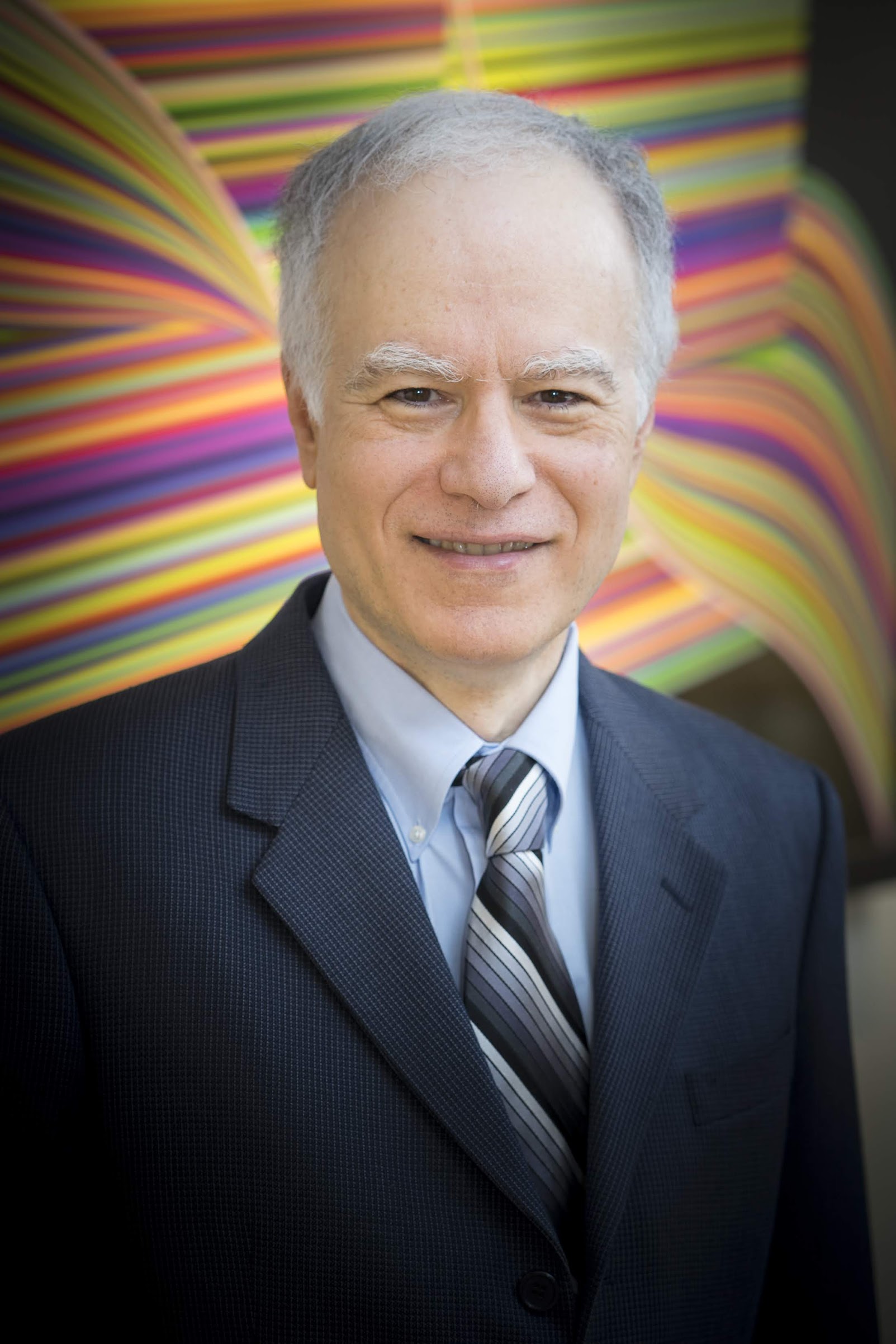Atallah wins Test of Time Award from ACSAC
01-06-2022
Congratulations to Distinguished Professor Mikhail Atallah for his Test of Time Award from the Annual Computer Security Applications Conference (ACSAC). Both Atallah and Professor Wenliang (Kevin) Dul received recognition from the ACSAC 2021 virtual conference on December 9th.
The paper titled, “Privacy-preserving cooperative statistical analysis,” was published in the Seventeenth Annual Computer Security Applications Conference in December, 2001.

In the paper, the authors studied the problem of how to conduct the statistical analysis in a cooperative environment where neither of the cooperating parties wants to disclose its private data to the other party. Their preliminary work has shown that this problem, the secure two-party statistical analysis problem, could be solved in a way more efficient than the general circuit evaluation approach.
The ACSAC Test of Time Award began in 2020 to annually recognize influential papers which appeared in the first 20 years of the conference. The ACSAC brings together cutting-edge researchers, with a broad cross-section of security professionals drawn from academia, industry, and government, gathered to present and discuss the latest security results and topics. With peer reviewed technical papers, invited talks, panels, national interest discussions, and workshops, ACSAC continues its core mission of investigating practical solutions for computer and network security technology.
Mikhail Atallah is a distinguished professor in the Department of Computer Science at Purdue University. His research interests are in information security and algorithms. A Fellow of both the ACM and IEEE, his work on key management received the 2015 CCS Test of Time Award. He was the 2017 recipient of the Arden L. Bement Jr. Award, the most prestigious award Purdue bestows in pure and applied science and engineering. He was the 2016 recipient of the Purdue Sigma Xi Faculty Research Award, and the 2013 recipient of the Purdue Outstanding Commercialization Award. He was a speaker nine times in the Distinguished Lecture Series of top Computer Science Departments, and was keynote and invited speaker at many national and international meetings, and has served on the editorial boards of top journals and on the program committees of top conferences and workshops. He was selected in 1999 as one of the best teachers in the history of Purdue University and included in Purdue's Book of Great Teachers, a permanent wall display of Purdue's best teachers past and present. In 2001 he co-founded Arxan Technologies Inc, to commercialize a software protection technology developed jointly with his doctoral student Hoi Chang (in 2019 Arxan reported that applications secured by it were running on over a billion devices, and in 2020 it reported 5+ billion deployed instances on protected applications "across many industries including financial services, mobile payments, healthcare, automotive, gaming, and entertainment"). He was CTO of Arxan Technologies and Chief Scientist for its defense subsidiary, Arxan Defense Systems. Arxan Defense Systems was acquired in 2010 by Microsemi Corporation, and Arxan Technologies was acquired in 2013 by private equity firm TA Associates.
Wenliang (Kevin) Du is the Laura J. and L. Douglas Meredith Professor of Teaching Excellence in the Department of Electrical Engineering and Computer Science at Syracuse University. He received his PhD in Computer Science from Purdue University in 2001. His advisors were Professor Mikhail J. Atallah and Professor Eugene H. Spafford. His research is in System Security (Web System, Mobile System, Smartphone/Tablet, Android), and Computer Security Education.
Abstract
Privacy-preserving cooperative statistical analysis
The growth of the Internet opens up tremendous opportunities for cooperative computation, where the answer depends on the private inputs of separate entities. Sometimes these computations may occur between mutually untrusting entities. The problem is trivial if the context allows the conduct of these computations by a trusted entity that would know the inputs from all the participants; however if the context disallows this then the techniques of secure multiparty computation become very relevant and can provide useful solutions. Statistical analysis is a widely used computation in real life, but the known methods usually require one to know the whole data set; little work has been conducted to investigate how statistical analysis could be performed in a cooperative environment, where the participants want to conduct statistical analysis on the joint data set, but each participant is concerned about the confidentiality of its own data. We have developed protocols for conducting the statistical analysis in such a cooperative environment based on a data perturbation technique and cryptography primitives.
About the Department of Computer Science at Purdue University
Founded in 1962, the Department of Computer Science was created to be an innovative base of knowledge in the emerging field of computing as the first degree-awarding program in the United States. The department continues to advance the computer science industry through research. US News & Reports ranks Purdue CS #20 and #18 overall in graduate and undergraduate programs respectively, ninth in both software engineering and cybersecurity, 14th in programming languages, 13th in computing systems, and 24th in artificial intelligence. Graduates of the program are able to solve complex and challenging problems in many fields. Our consistent success in an ever-changing landscape is reflected in the record undergraduate enrollment, increased faculty hiring, innovative research projects, and the creation of new academic programs. The increasing centrality of computer science in academic disciplines and society, and new research activities - centered around data science, artificial intelligence, programming languages, theoretical computer science, machine learning, and cybersecurity - are the future focus of the department. cs.purdue.edu
Writer: Emily Kinsell, emily@purdue.edu
Source: Mikhail Atallah, matallah@purdue.edu